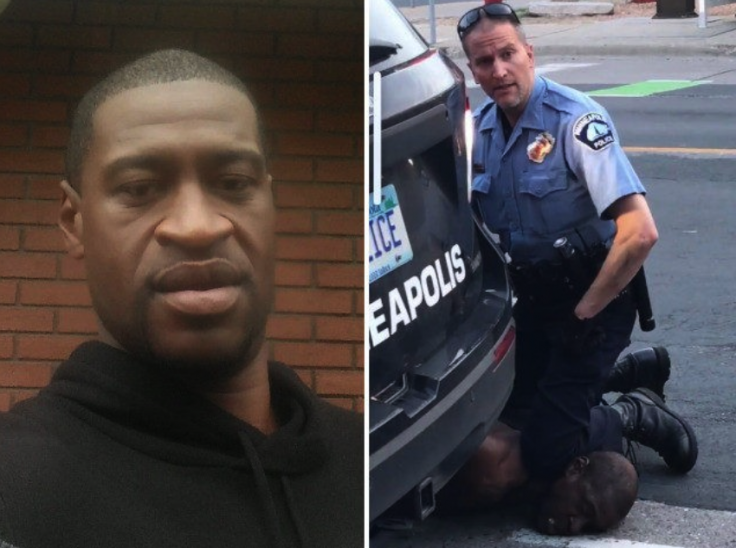The US police officer accused of the murder of an unarmed African-American man, George Floyd told him to "stop yelling" as he repeatedly gasped under the man's knee, according to court documents.
The documents were made public on Thursday as the lawyers of Thomas Lane, one of the four accused police officers, asked for the case against him to be dismissed, reports the BBC. All four officers involved in taking Floyd into custody were fired and arrested.
Officers Face Serious Charges
Derek Chauvin, who knelt on his neck, faces several charges including second-degree murder, while the other three - Lane, J Alexander Kueng and Tou Thao - are charged with aiding and abetting murder. Until now, witness footage shared on social media revealed most of what was known about Floyd's arrest and his final moments on May 25 in Minneapolis city.

The new documents offer a more detailed account, shedding light on significant parts of the encounter, from the time Lane and Kueng arrived at the scene, to the point where Floyd was given CPR in an ambulance. Transcripts of footage recorded by body cameras fitted to Lane and Kueng revealed Floyd said more than 20 times that he could not breathe as he was restrained by the officers.
A Trigger for Protests Against Racial Inequality
At one point, a handcuffed Floyd, while pinned down on the road next to the police car, gasps that he cannot breathe, adding: "You're going to kill me, man," the BBC reported citing the transcripts as saying. Chauvin, who is shown in bystander footage appearing to kneel on Floyd's neck for nearly eight minutes, replies: "Then stop talking, stop yelling. It takes heck of a lot of oxygen to talk."
Floyd's death triggered the protests against racial inequality and police brutality that have continued since, across many US cities and also internationally. The incident followed the high-profile cases of Michael Brown in Ferguson, Missouri; Eric Garner in New York; and others that have driven the Black Lives Matter movement in recent years.







